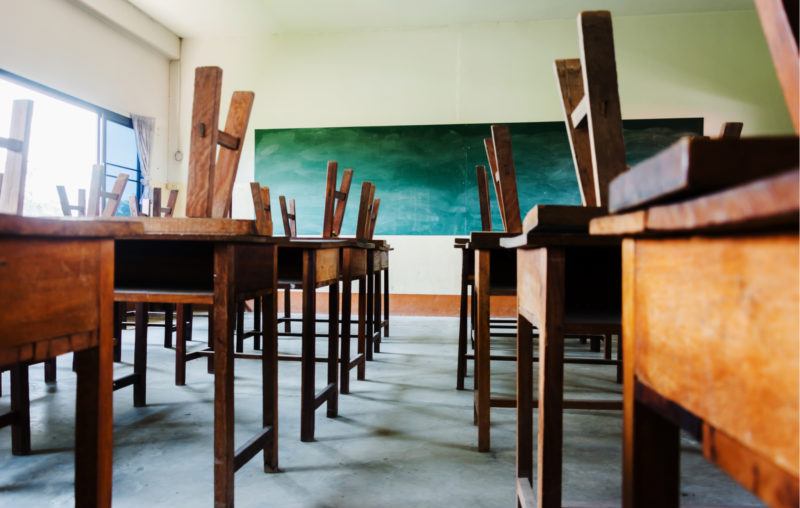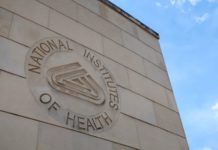As the school year approaches, there is much consideration over whether or not to close the K-12 system in an effort to slow the spread of COVID-19.
These concerns come from a wide variety of constituencies, from parents to public officials to teachers. However, much like the overall discussion regarding COVID-19, this proposal is ill-informed and will likely lead to unintended consequences that will be far more severe than the problem it seeks to address.
School Closures Are a Time-Sensitive Policy
One of the first points to consider when approaching the question of closing schools is timing. Yale University sociologist Nicholas Christakis, a proponent of school closure, warns that although the policy could be beneficial it must be done very early. Furthermore, although Dr. Christakis certainly supports school closure if done at the correct time, he acknowledges that now
“It’s sort of closing the barn door after the cow is gone.”
This maneuver, even for those that support it, will be incredibly difficult to do effectively and the appropriate time to even consider this policy may well have been in January, not July.
It also seems that proponents of school closure seem to misunderstand the purpose of their proposal. Italian epidemiologist Marco Ajelli tells NPR
“Closing schools can buy time and delay the peak of an epidemic.”
Unfortunately, that time has passed as well. Much like anything concerning COVID-19 and epidemiology, we cannot be certain that closing schools will actually delay the peak of an epidemic. Even if it is an effective policy measure, school closures are not intended for simply reducing cases amongst children; they are a way to buy time to prepare for the climax of an outbreak.
As outlined by Dr. Christakis’s sentiments, the time for this conversation should have been months ago. It may have been an effective policy to buy time for hospitals to retool and prepare for the outbreak but that has since been accomplished, although rather sloppily. The peak of the pandemic has passed, COVID-related deaths have dramatically decreased, and hospitals are far more prepared than they were months ago.
Closing Schools May Hurt Children More Than It Protects Them From COVID-19
When it comes to protecting the health of children, sending them to school could possibly be the safest option. Sonja Santelises, CEO of Baltimore Public Schools tells NPR that
“For a large number of our students, the safest place for them to be is actually in school.”
Schools provide a number of things that would be advantageous to the well-being of a child. Being at school places children in a controlled environment which in some neighborhoods could be better for more problems besides infection control.
Children are the least vulnerable to COVID-19. Professor Peter Collignon, an Australian microbiologist and infectious disease physician, writes in the Guardian
“The data from a range of countries shows that children rarely, and in many countries never, have died from this infection. Children appear to get infected at a much lower rate than those who are older… there is no evidence that children are important in transmitting the disease.”
Ethan Yang – American Institute for Economic Research – July 13, 2020.




